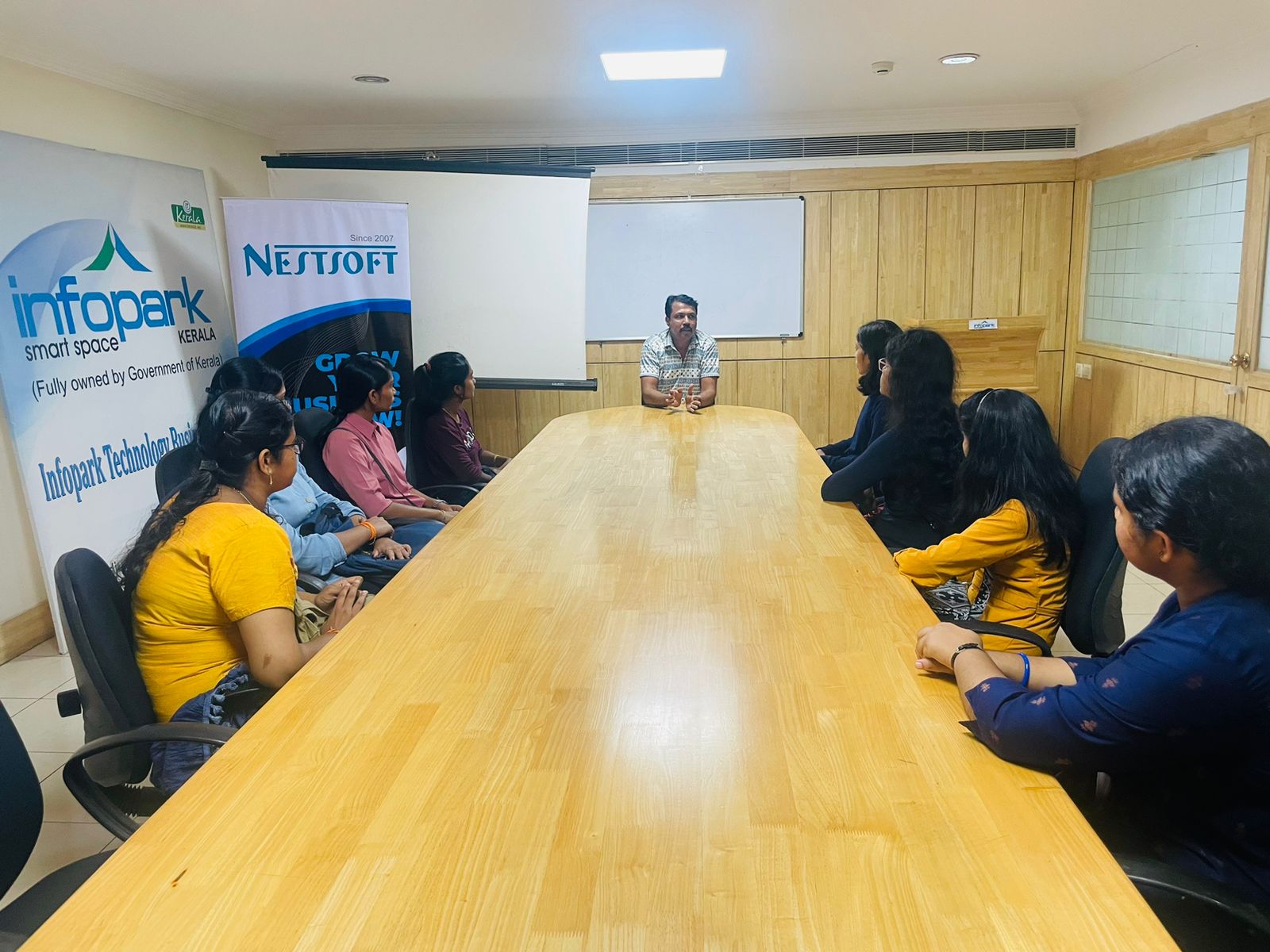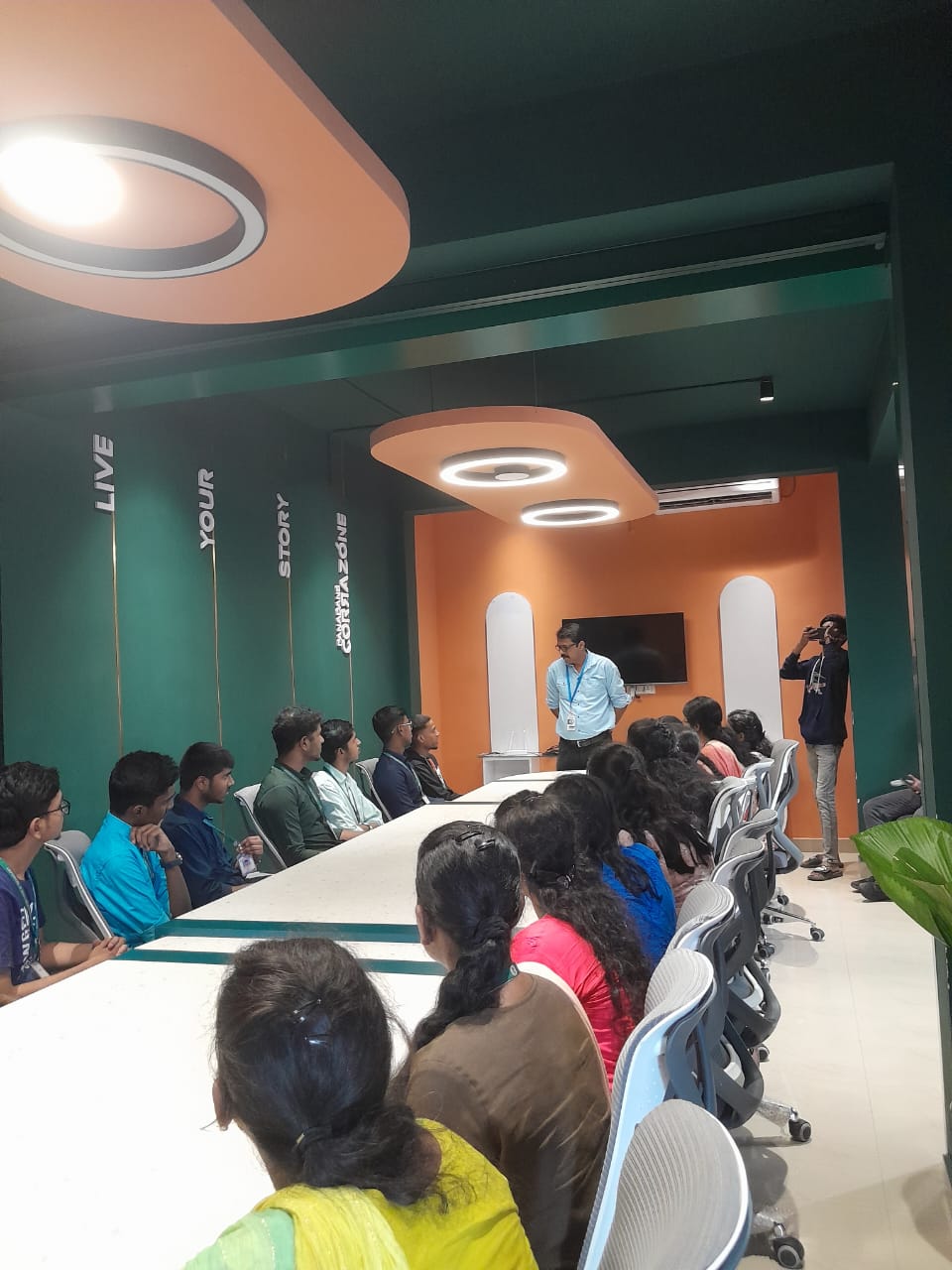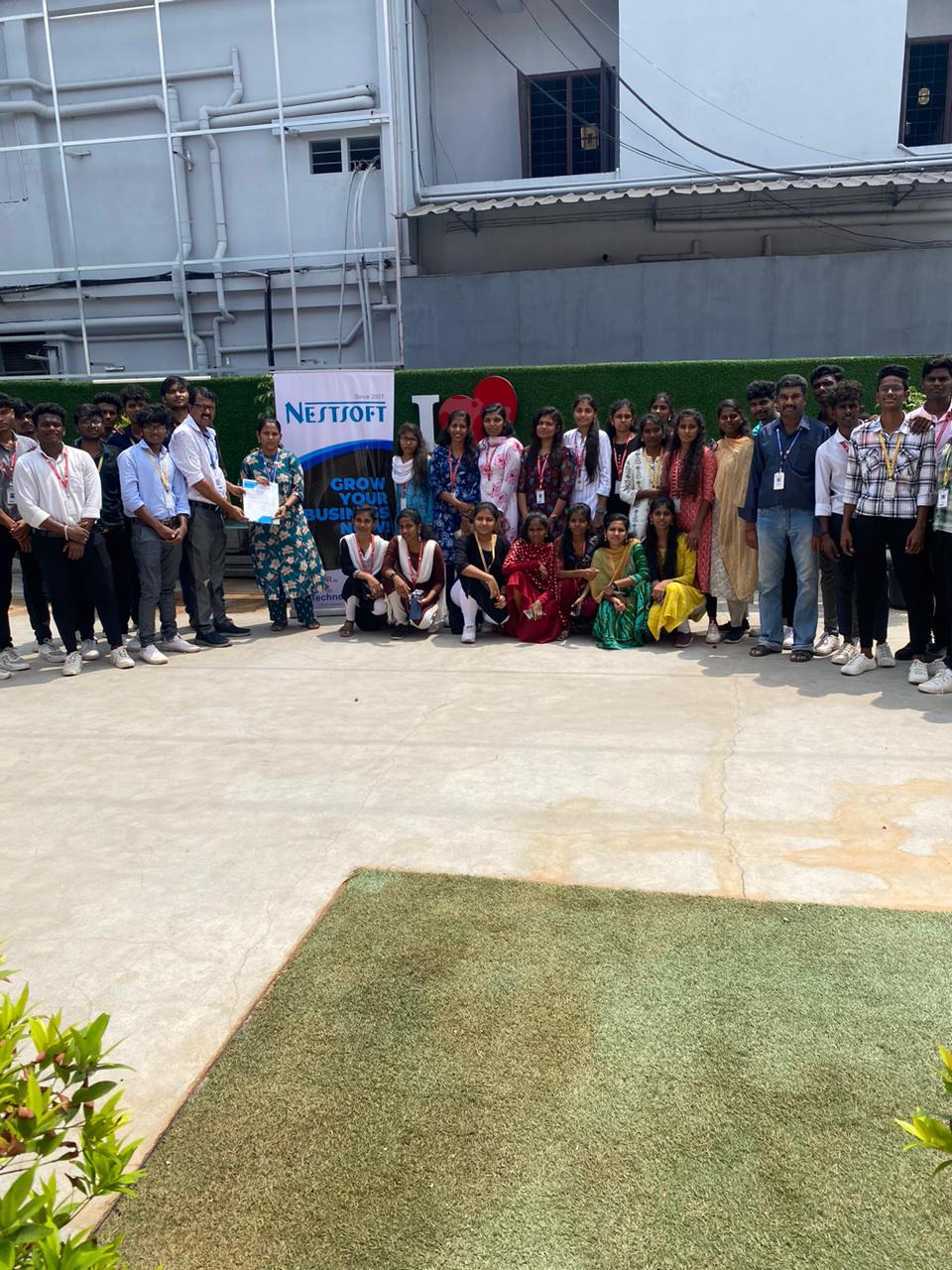Deep Learning Training by Experts
Our Training Process

Deep Learning - Syllabus, Fees & Duration
MODULE 1
- Introduction to Tensor Flow
- Computational Graph
- Key highlights
- Creating a Graph
- Regression example
- Gradient Descent
- TensorBoard
- Modularity
- Sharing Variables
- Keras Perceptrons
- What is a Perceptron?
- XOR Gate
MODULE 2
- Activation Functions
- Sigmoid
- ReLU
- Hyperbolic Fns, Softmax Artificial Neural Networks
- Introduction
- Perceptron Training Rule
- Gradient Descent Rule
MODULE 3
- Gradient Descent and Backpropagation
- Gradient Descent
- Stochastic Gradient Descent
- Backpropagation
- Some problems in ANN Optimization and Regularization
- Overfitting and Capacity
- Cross-Validation
- Feature Selection
- Regularization
- Hyperparameters
MODULE 4
- Introduction to Convolutional Neural Networks
- Introduction to CNNs
- Kernel filter
- Principles behind CNNs
- Multiple Filters
- CNN applications Introduction to Recurrent Neural Networks
- Introduction to RNNs
- Unfolded RNNs
- Seq2Seq RNNs
- LSTM
- RNN applications
MODULE 5
- Deep learning applications
- Image Processing
- Natural Language Processing
- Speech Recognition
- Video Analytics
This syllabus is not final and can be customized as per needs/updates




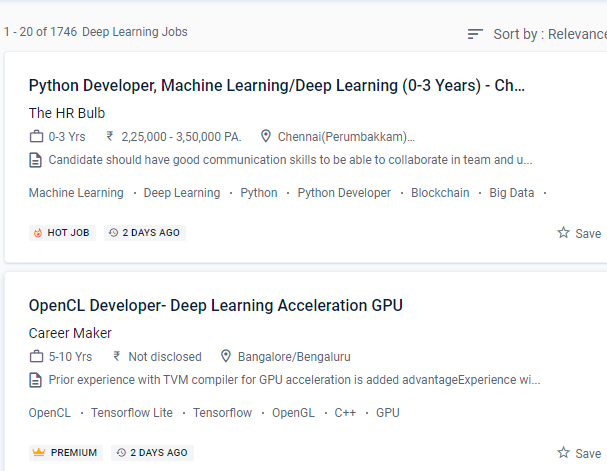
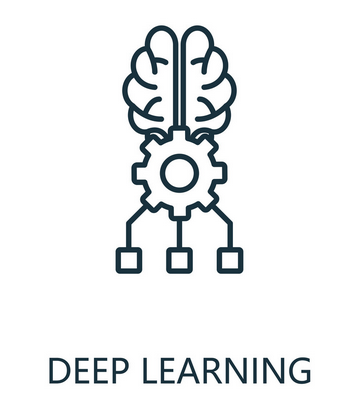 The foundations of deep learning and neural networks are covered, as well as techniques for improving neural networks, strategies for organizing and completing machine learning projects, convolutional neural networks, and their applications, recurrent neural networks and their methods and applications, and advanced topics such as deep reinforcement learning, generative adversarial networks, and adversarial attacks. Every day, businesses collect massive volumes of data and analyze it to get actionable business insights. Deep learning algorithms are employed in a variety of industries, from automated driving to medical gadgets. Deep learning is a type of learning that entails Specialization in Waterford will assist you in learning the fundamental ideas of deep learning, as well as understanding the problems, repercussions, and capacities of deep learning, as well as allowing you to contribute to the advancement of cutting-edge technology.
Rather than being numerical, the majority of the data is in an unstructured format, such as audio, image, text, and video.
Participants in the deep learning course should have a thorough understanding of the principles of programming, as well as a solid understanding of the fundamentals of statistics and mathematics, as well as a clear grip on the critical knowledge portions of machine learning. One of the key benefits of employing deep learning is its capacity to perform feature engineering on its own. Artificial neural network systems are created on the human brain in deep learning, a subcategory of Machine Learning. Students receive practical experience by working on real-world projects.
Because there is a strong demand for skilled deep learning engineers in various fields, this deep learning course in Waterford certification training is ideal for intermediate and advanced experts.
The foundations of deep learning and neural networks are covered, as well as techniques for improving neural networks, strategies for organizing and completing machine learning projects, convolutional neural networks, and their applications, recurrent neural networks and their methods and applications, and advanced topics such as deep reinforcement learning, generative adversarial networks, and adversarial attacks. Every day, businesses collect massive volumes of data and analyze it to get actionable business insights. Deep learning algorithms are employed in a variety of industries, from automated driving to medical gadgets. Deep learning is a type of learning that entails Specialization in Waterford will assist you in learning the fundamental ideas of deep learning, as well as understanding the problems, repercussions, and capacities of deep learning, as well as allowing you to contribute to the advancement of cutting-edge technology.
Rather than being numerical, the majority of the data is in an unstructured format, such as audio, image, text, and video.
Participants in the deep learning course should have a thorough understanding of the principles of programming, as well as a solid understanding of the fundamentals of statistics and mathematics, as well as a clear grip on the critical knowledge portions of machine learning. One of the key benefits of employing deep learning is its capacity to perform feature engineering on its own. Artificial neural network systems are created on the human brain in deep learning, a subcategory of Machine Learning. Students receive practical experience by working on real-world projects.
Because there is a strong demand for skilled deep learning engineers in various fields, this deep learning course in Waterford certification training is ideal for intermediate and advanced experts.












































































